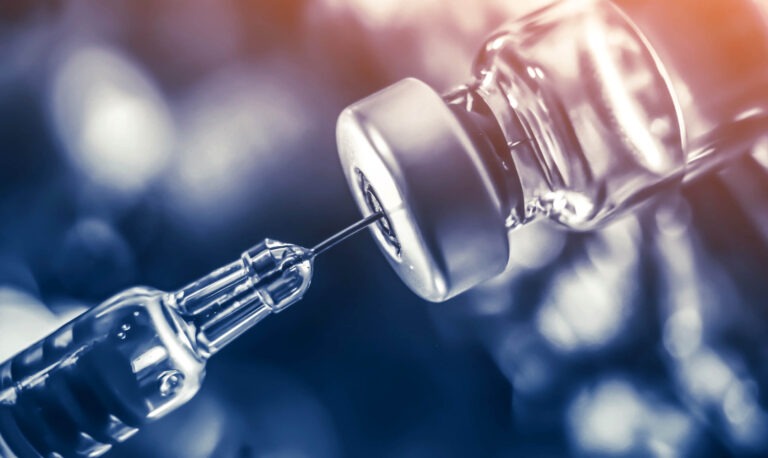New research published last week in the New England Journal of Medicine has revealed that twice-yearly injections of the drug Lenacapavir could offer complete protection from HIV. According to reports from Them, the research provides findings from a randomized trial of more than 5,000 cisgender women in South Africa and Uganda, conducted by drug developer, Gilead Sciences.
The study found that 2,134 participants who took Lenacapavir every 26 weeks had avoided acquiring HIV by the end of the trial period. Contrastingly, 55 infections were reported by other groups who used PrEP as an alternative preventive measure. “The injection has been hailed as a potentially game-changing measure in the fight to end the HIV epidemic,” Them reports.
Sarah Palmer, co-director of the Center for Virus Research at the Westmead Institute for Medical Research in Sydney told the Washington Post the findings were a breakthrough.“If these injections can be widely distributed at low cost, it would dramatically reduce the risk of new HIV infections worldwide… It is especially encouraging this research focused on young women in Africa who are so highly at-risk for HIV infection.”
A June press release from Gilead referred to the drug trials as “the most comprehensive and diverse HIV prevention trial program ever conducted.” At the moment, new studies for the drug are being conducted in the U.S. Lenacapavir is already on the drug market as a treatment for HIV, going for around $42,000 for the first year of treatment, which many activists have protested against. Experts at the International AIDS Conference reported that Lenacapavir could realistically be sold for $40 per year with a profit margin of 30%, according to recent reports from The Guardian.
However, not everyone is so starry eyed about Gilead’s new drug. The AIDS Healthcare Foundation has protested the company at various scientific conferences around the country in efforts to draw attention to the company’s campaign to restrict access to lifesaving HIV treatments. Other outlets report that Gilead has indicated it’s too early to price the drug.


